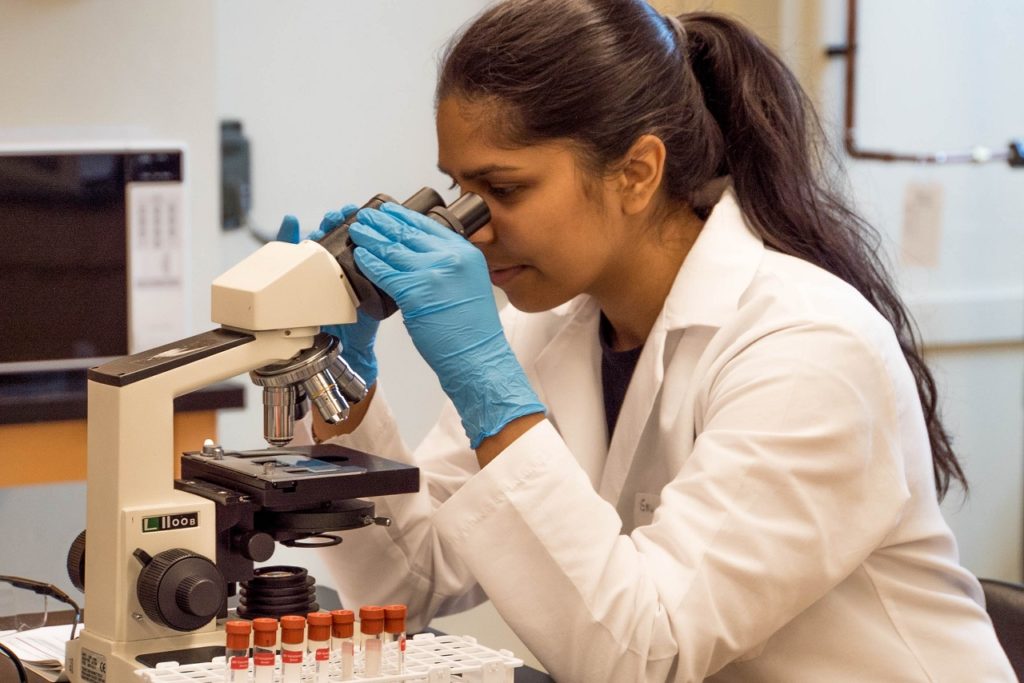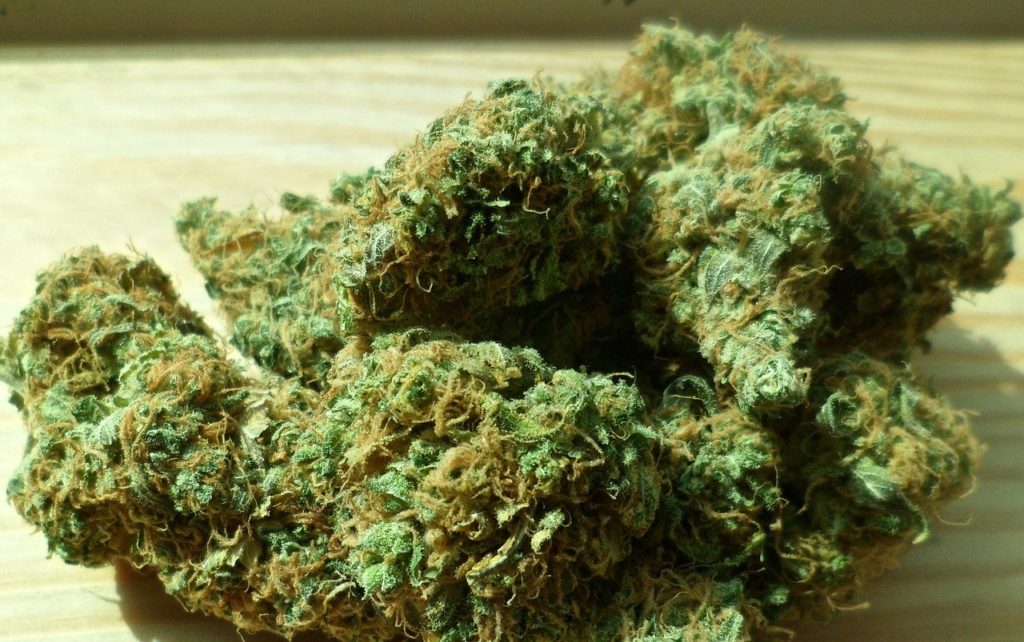Earlier this week, Italian scientists published their cannabis-related findings in the latest edition of Nature. They discovered a new cannabinoid called Tetrahydrocannabiporol (THCP). The THCP molecule can completely change our understanding of cannabis. It is a stronger version of the most famous compound contained in cannabis – THC. THCP has not yet been administered to humans.
The new cannabinoid THCP is 30 times stronger than THC


Cannabinoid THCP, similar to THC, has recently been discovered by scientists.
After analyzing a strain of cannabis grown exclusively by the Italian army, called FM2, scientists discovered unusual chemical compounds that eventually led to the identification and isolation of a previously unknown cannabinoid THCP or Tetrahydrocannabiporol.
THCP is almost identical to THC, a chemical contained in cannabis, which is largely responsible for psychoactive effects, except for a few additional carbon atoms.
Medical cannabis is a sector that brings profit to the cannabis industry. One potentially useful cannabis news tool is Hemp.im app and its companion marijuana news website. You can find more information about cannabis markets and other important news in the cannabis sector in the Hemp.im app.
The cannabinoid THCP is a much stronger intoxicant
These additional carbon atoms have a decisive influence on the ability of THCP to bind to CB1 and CB2 receptors in the body, the cannabinoid receptors that directly interact with the cannabinoids contained in cannabis.
According to studies, THCP binds much more strongly to CB1 and CB2 receptors than THC.
Compared to THC, THCP binds more than 30 times stronger to the CB1 receptor, a receptor that causes psychoactive effects. However, it should be stressed that THC is not only responsible for psychoactive effects, but also has a number of medical applications.


After giving the cannabinoid THCP to mice, scientists discovered that only half of the standard dose of THC (5mg THCP), is enough to intoxicate rodents. However, the cannabinoid THCP has not yet been administered to humans, so whether humans will also feel its effects more strongly remains untested.
What does the discovery of the cannabinoid THCP mean for cannabis?
“It is reasonable to suppose that other cannabis varieties may contain even higher concentrations of the cannabinoid THCP,” wrote the scientists in the study. “It should also be noted that there is an astonishing variation in the patient’s response to cannabis-based treatment, even at a constant dose of Δ9-THC.”
In other words, a person using the same cannabis strain may experience completely different effects due to different concentrations of cannabinoids, terpenes or flavonoids, which we still do not know much about.
Terpenes are secreted from the same viscous resin glands as THC and CBD and other cannabinoids. There are about 20,000 terpenes in the plant kingdom and about 200 in cannabis.
__
(Featured image by Trust “Tru” Katsande via Pixabay)
DISCLAIMER: This article was written by a third party contributor and does not reflect the opinion of Hemp.im, its management, staff or its associates. Please review our disclaimer for more information.
This article may include forward-looking statements. These forward-looking statements generally are identified by the words “believe,” “project,” “estimate,” “become,” “plan,” “will,” and similar expressions. These forward-looking statements involve known and unknown risks as well as uncertainties, including those discussed in the following cautionary statements and elsewhere in this article and on this site. Although the Company may believe that its expectations are based on reasonable assumptions, the actual results that the Company may achieve may differ materially from any forward-looking statements, which reflect the opinions of the management of the Company only as of the date hereof. Additionally, please make sure to read these important disclosures.
First published in Fakty Konopne, a third-party contributor translated and adapted the article from the original. In case of discrepancy, the original will prevail.
Although we made reasonable efforts to provide accurate translations, some parts may be incorrect. Hemp.im assumes no responsibility for errors, omissions or ambiguities in the translations provided on this website. Any person or entity relying on translated content does so at their own risk. Hemp.im is not responsible for losses caused by such reliance on the accuracy or reliability of translated information. If you wish to report an error or inaccuracy in the translation, we encourage you to contact us.



Comments are closed for this post.